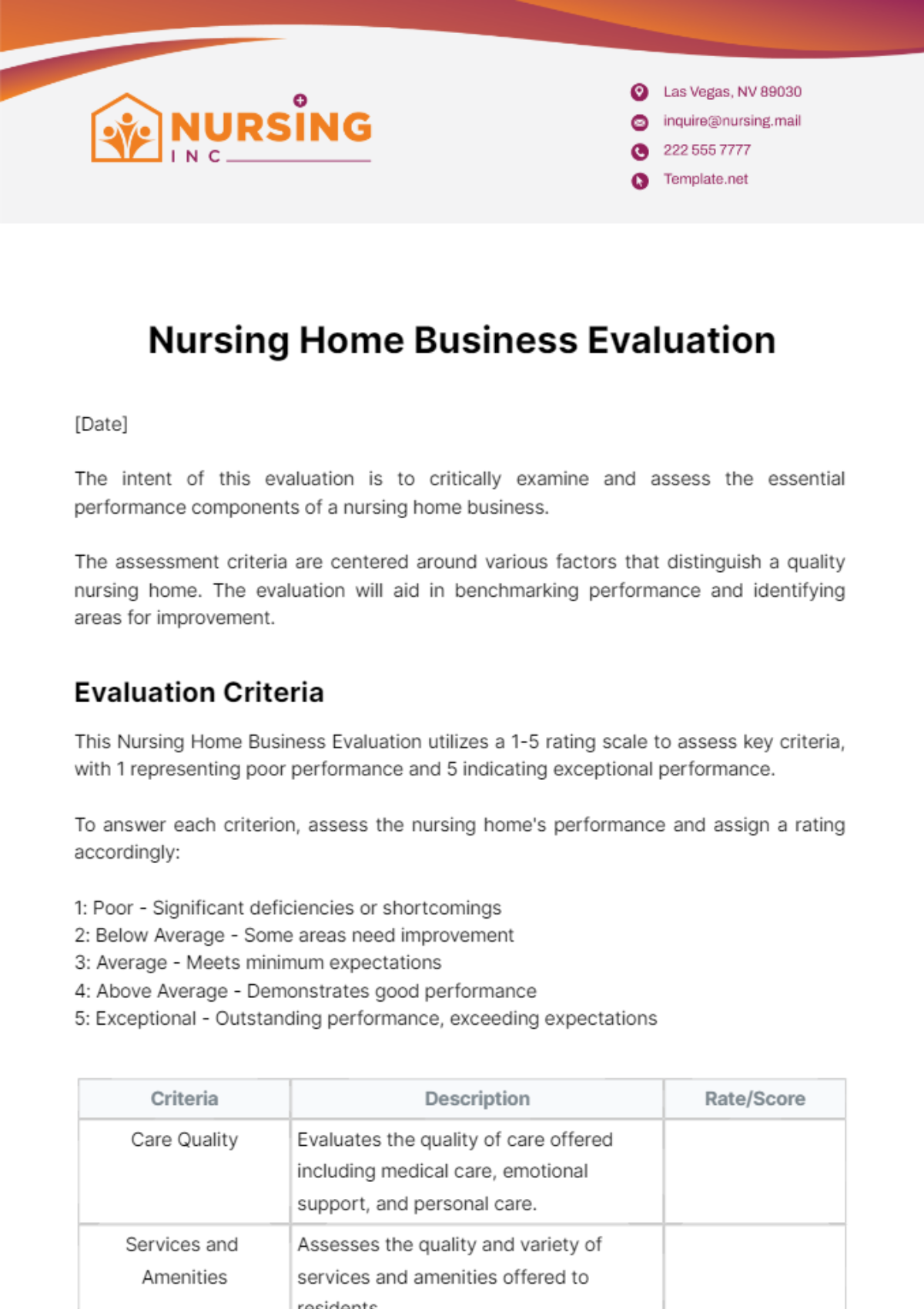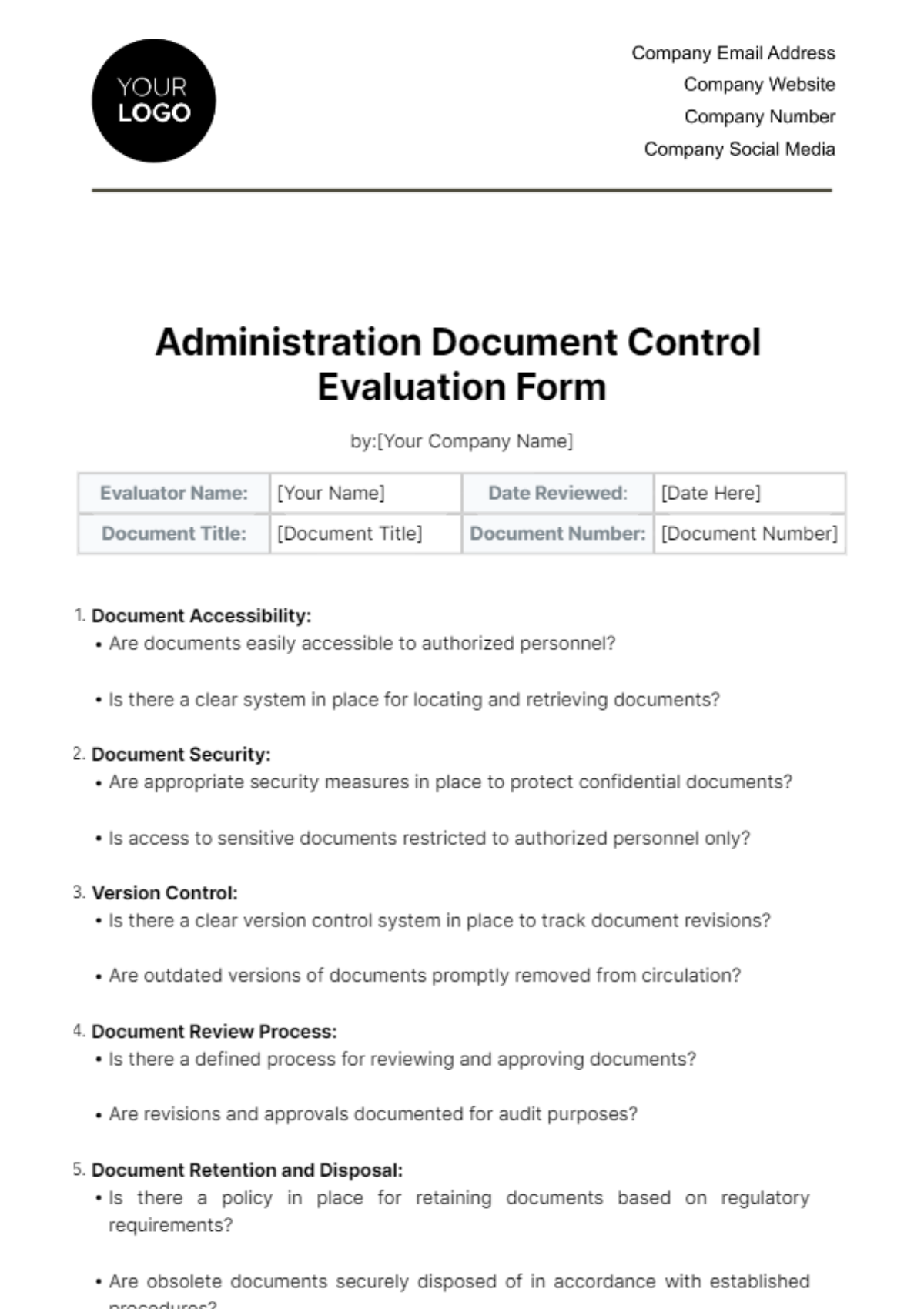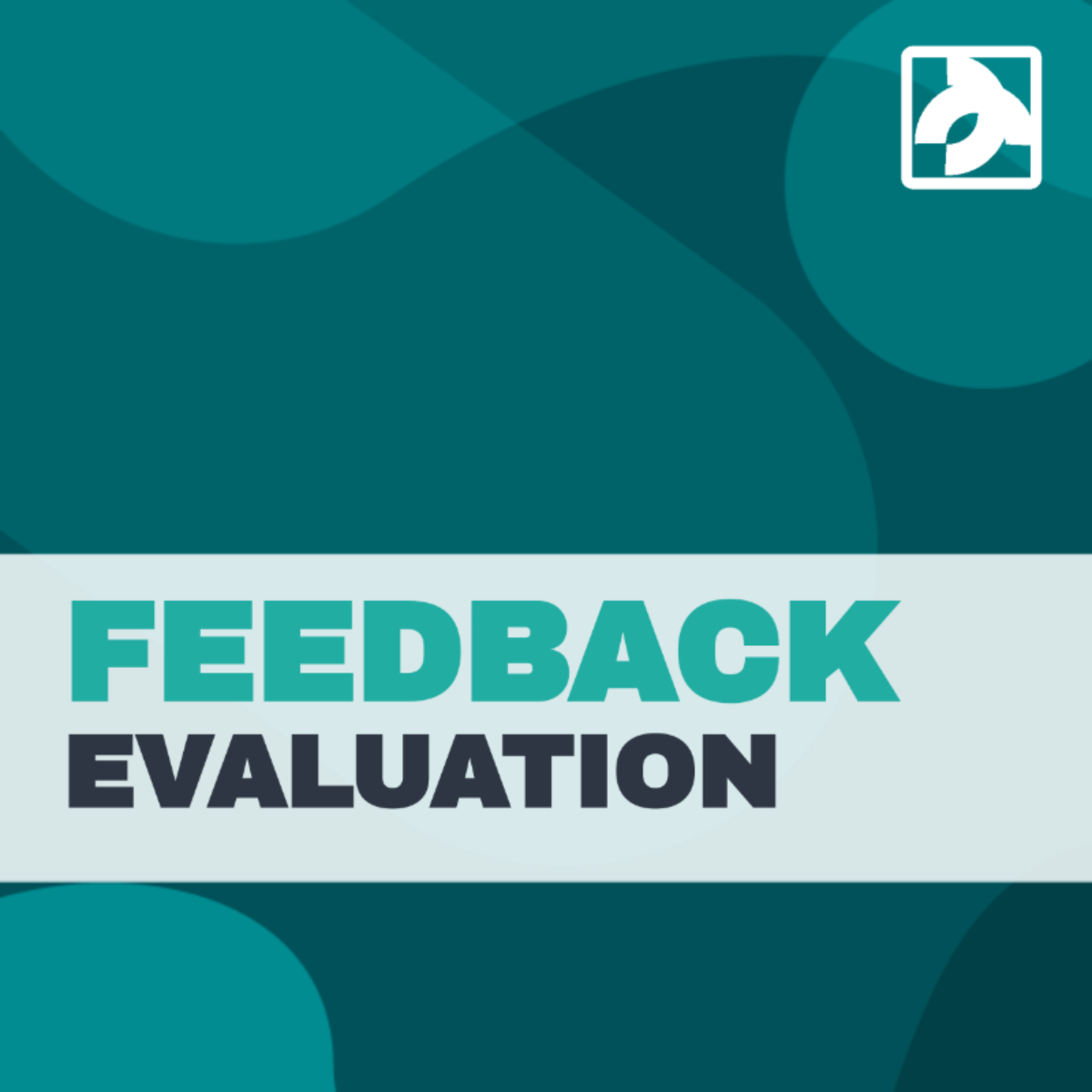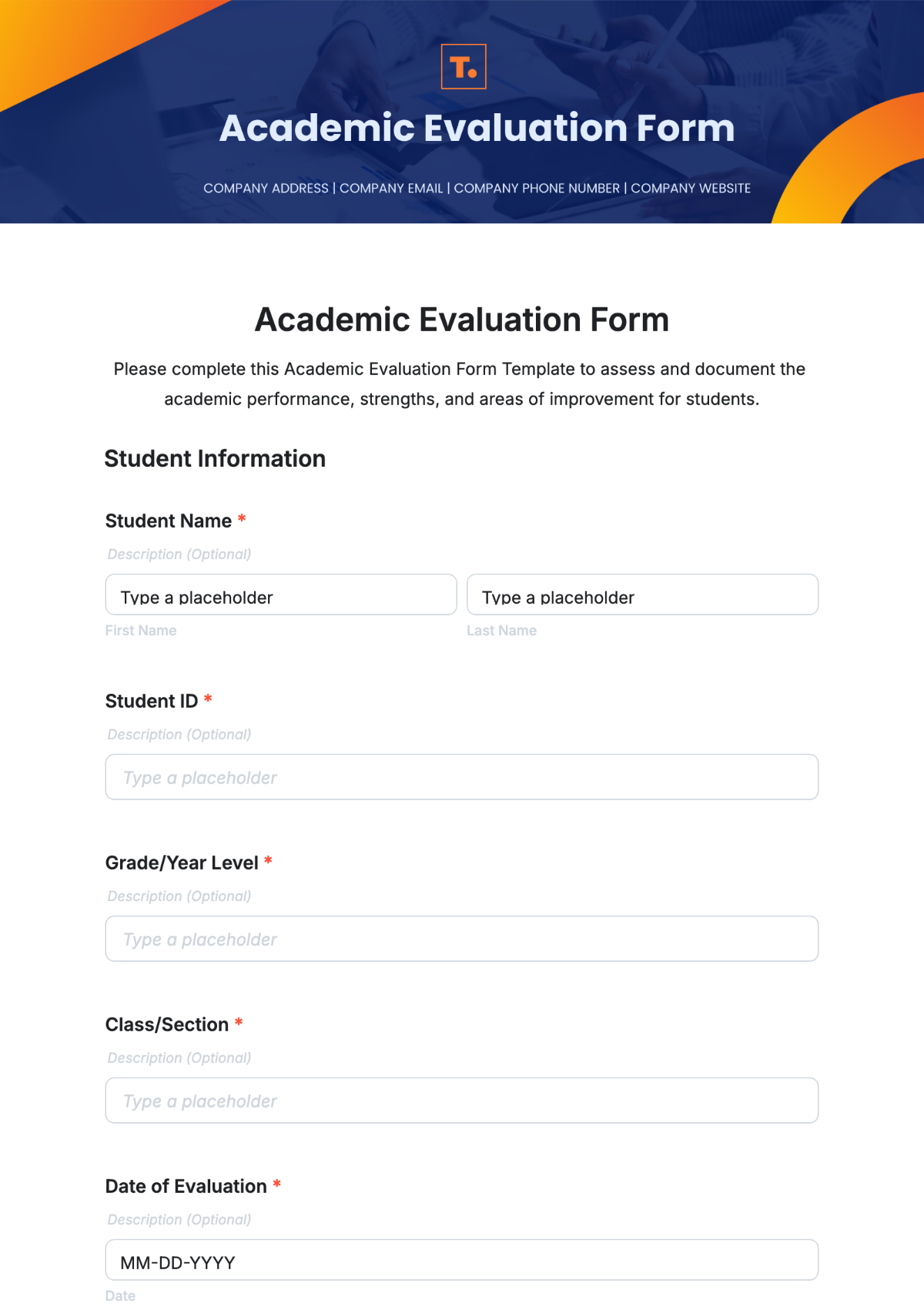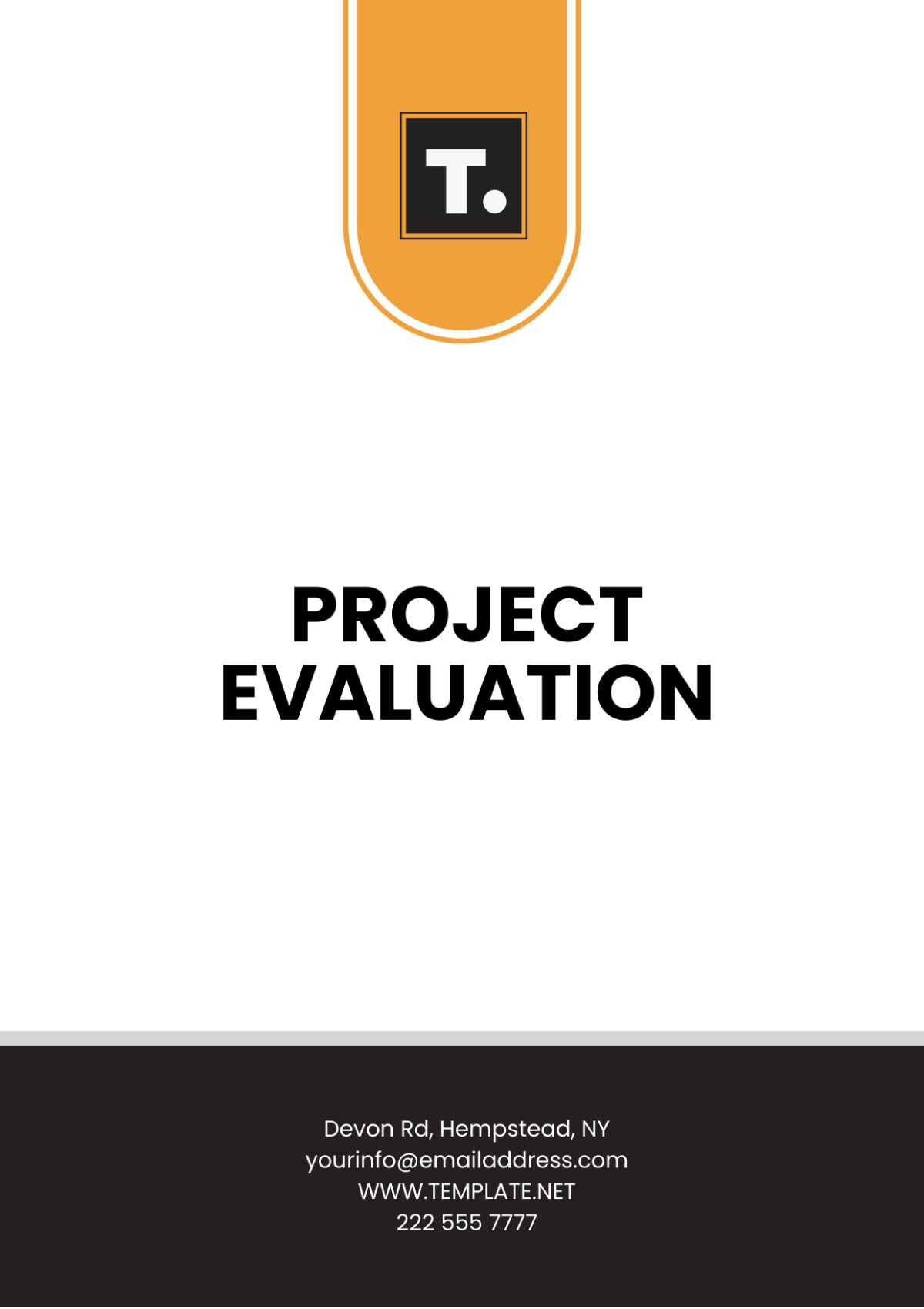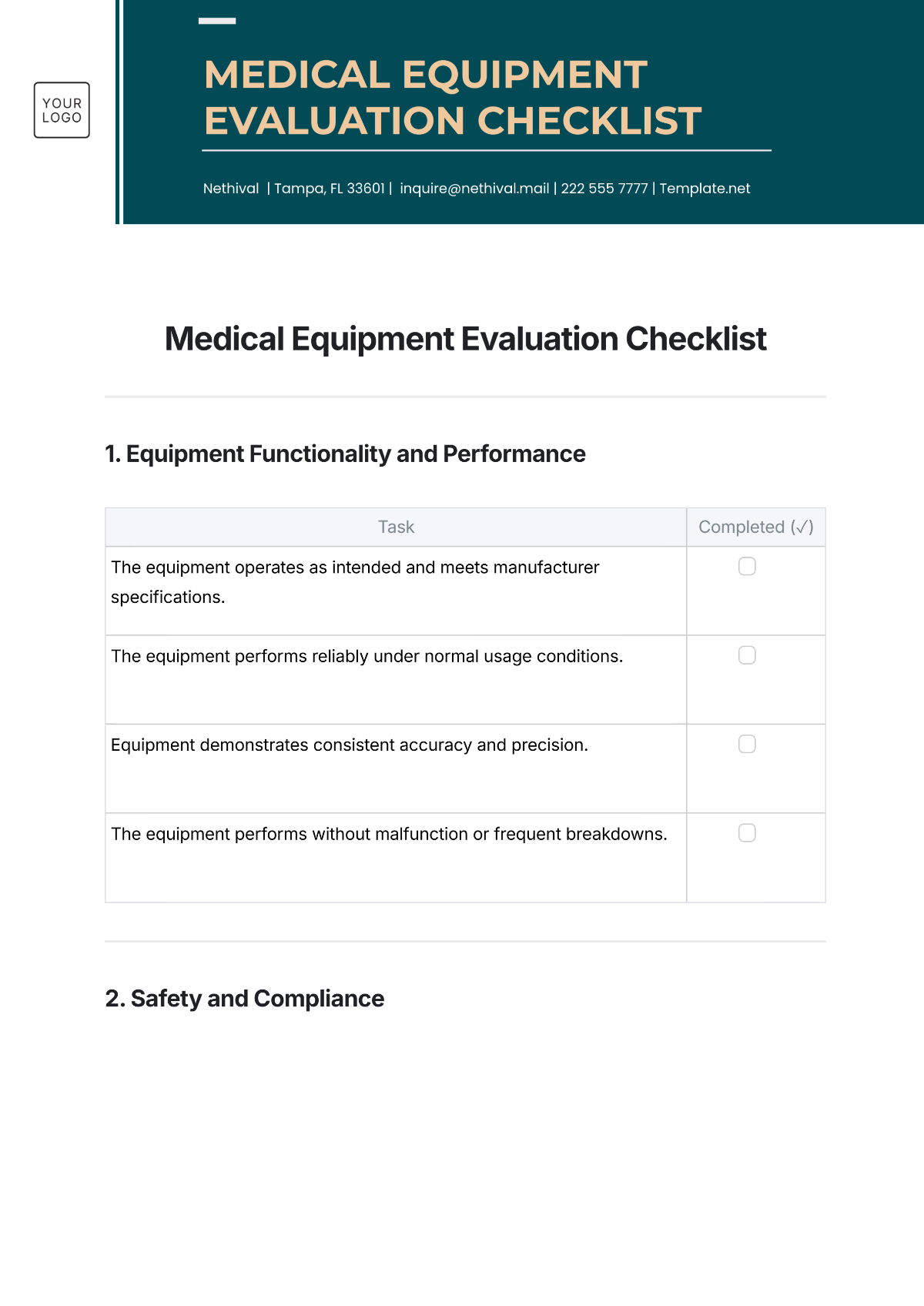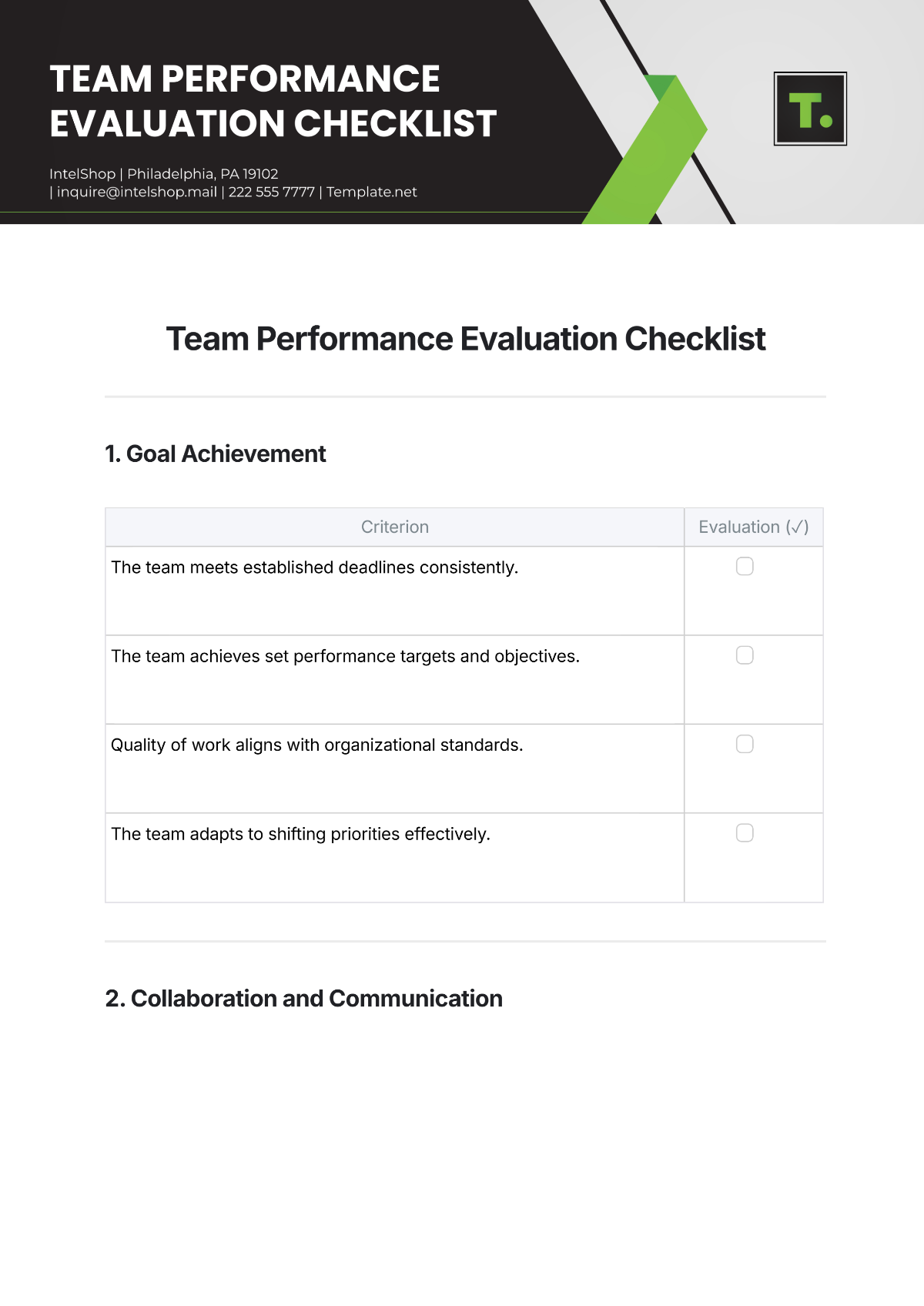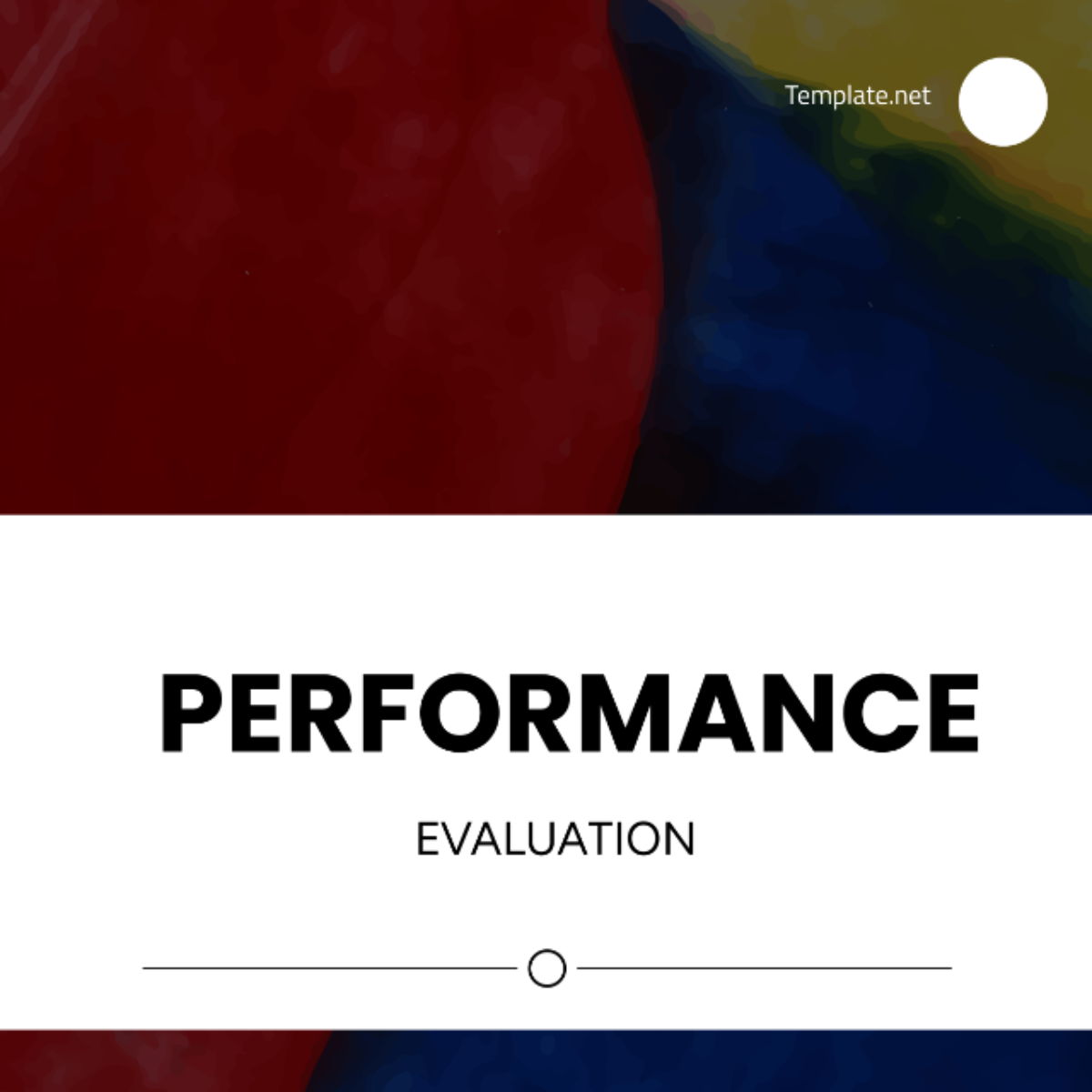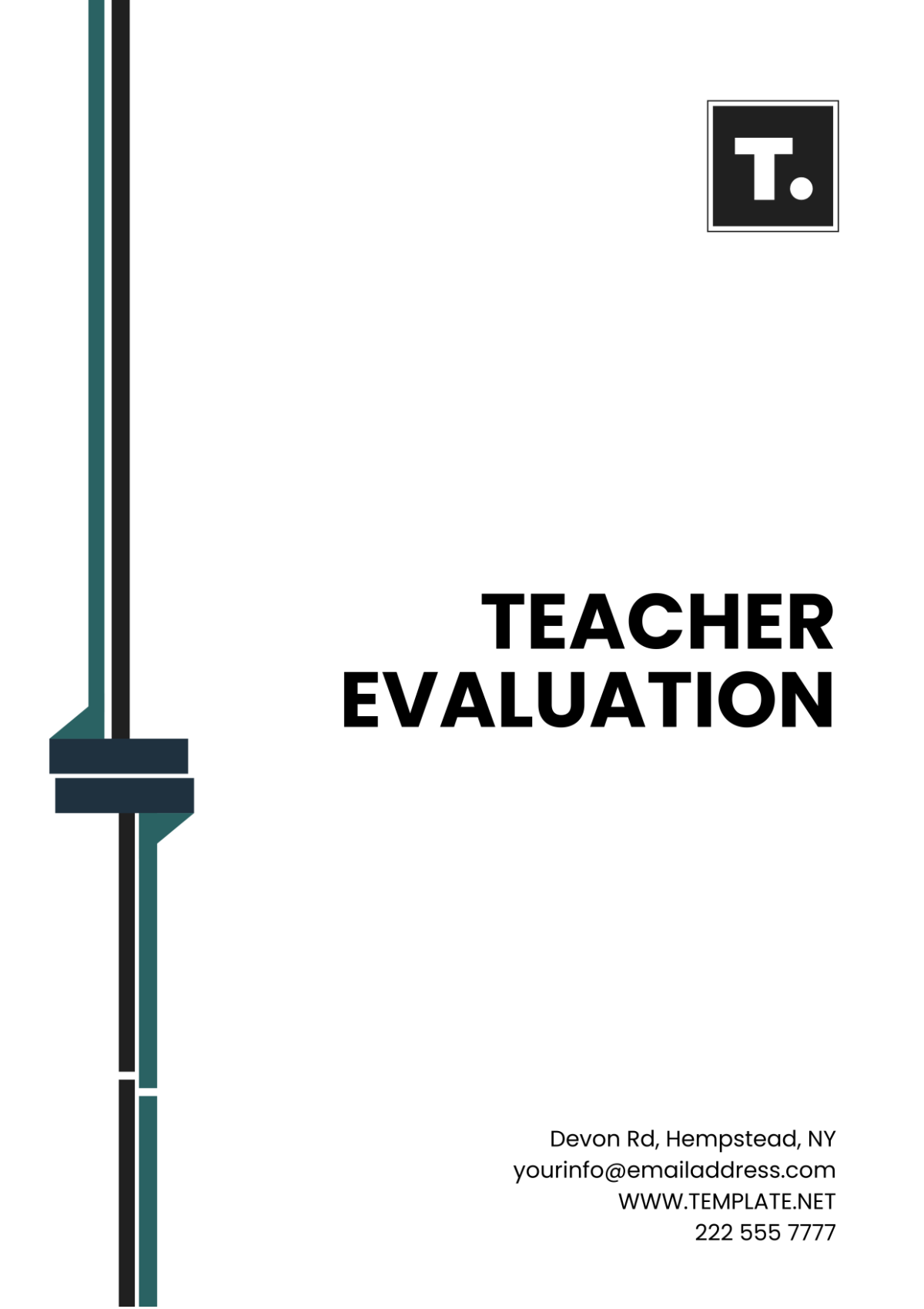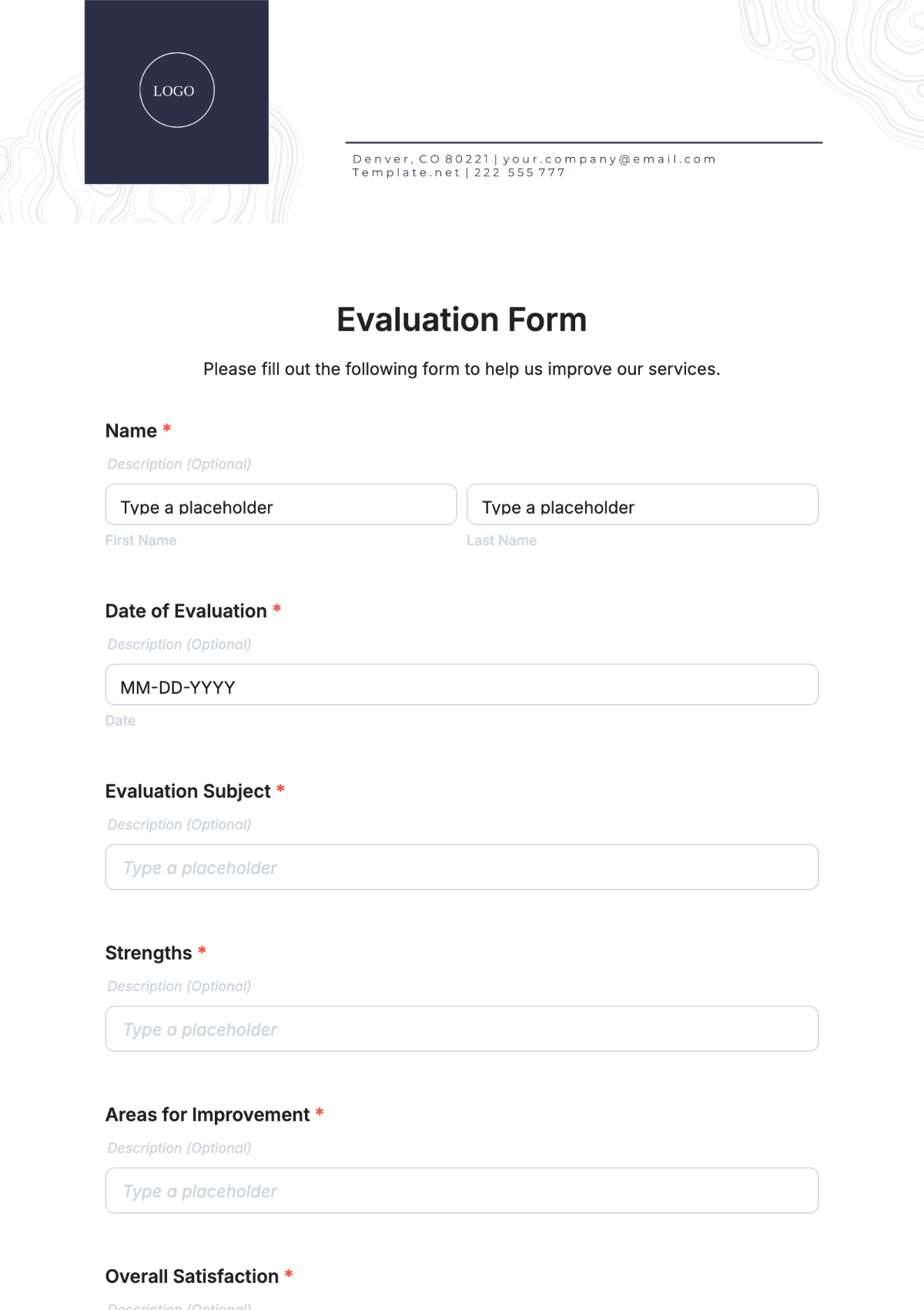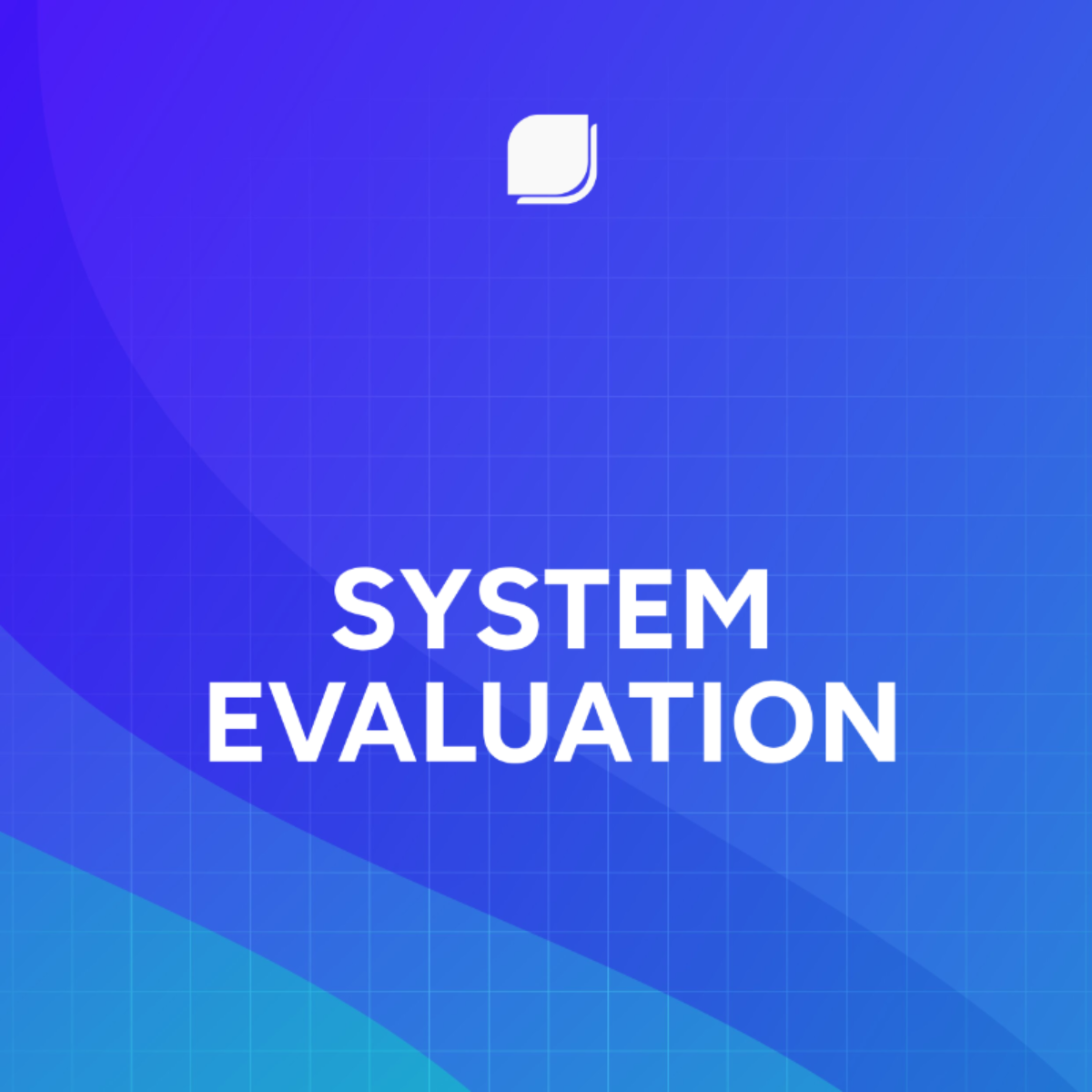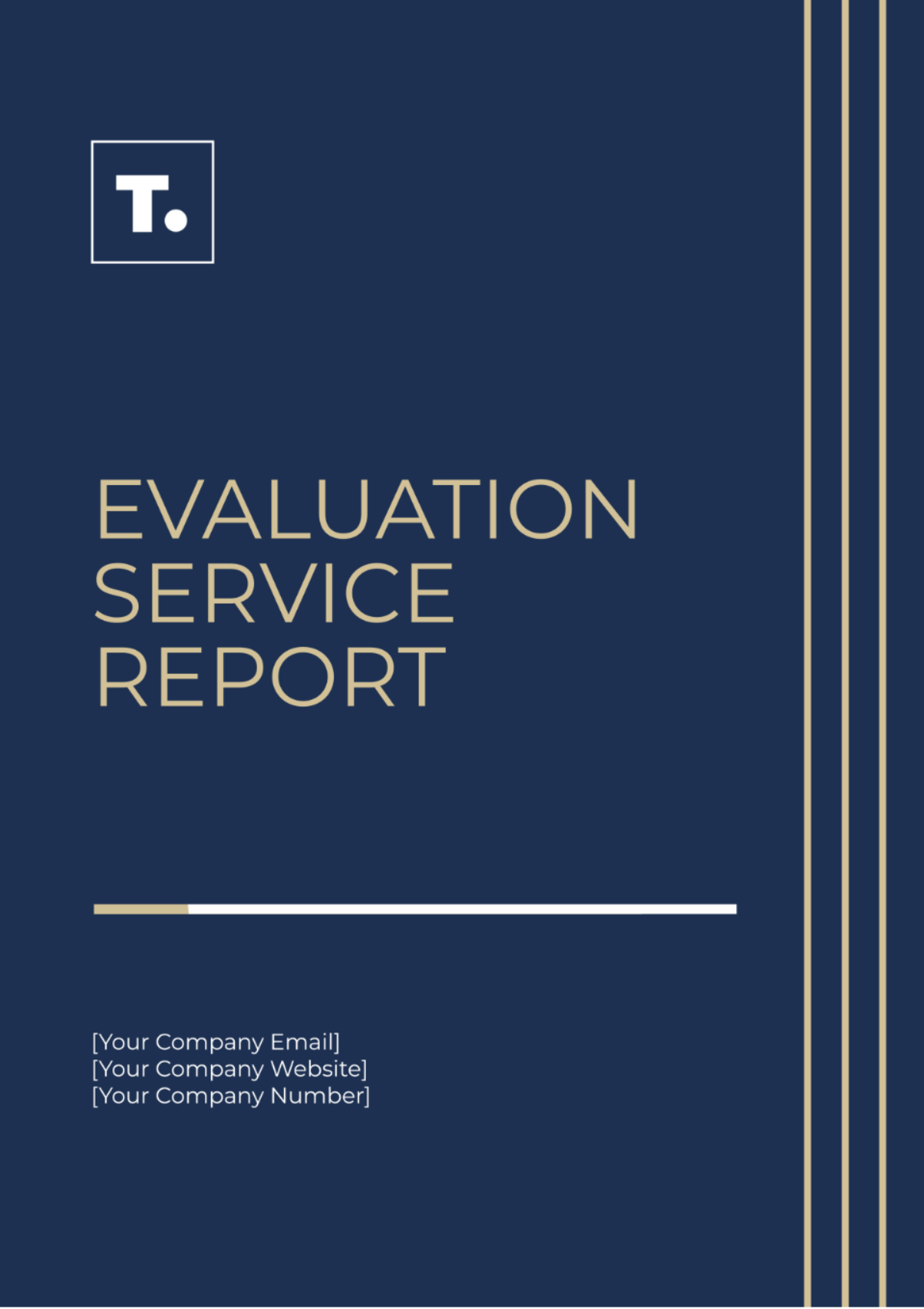Project Evaluation Report
Prepared by: | [Your Name] |
Company: | [Your Company Name] |
Date of Report: | May 20, 2055 |
I. Introduction
The Sustainable Energy Initiative, launched in 2050, aimed to transition our society towards renewable energy sources while mitigating climate change impacts. This Project Evaluation Report provides a comprehensive analysis of the initiative's performance, outcomes, and impact, to inform future energy policies and sustainable development strategies.
II. Background
The Sustainable Energy Initiative was conceived as a response to the escalating climate crisis and the need to reduce greenhouse gas emissions. Its objectives included increasing the share of renewable energy in the global energy mix, promoting energy efficiency measures, and fostering innovation in clean energy technologies.
III. Methodology
The evaluation of the Sustainable Energy Initiative employed a mixed-methods approach, combining quantitative analysis of energy consumption data with qualitative assessments of policy effectiveness and stakeholder perceptions. Data were collected through surveys, energy audits, and expert interviews.
IV. Evaluation Findings
A. Effectiveness
The initiative has been highly effective in driving the adoption of renewable energy technologies. As shown in the following table, the share of renewable energy in the global energy mix has increased by 30% since the initiative's inception. Moreover, energy efficiency improvements have led to a reduction in overall energy consumption, further contributing to emissions reductions.
Renewable Energy Adoption Trends (2050-2055):
Year | Share of Renewable Energy (%) |
|---|---|
2050 | 20 |
2051 | 22 |
2052 | 25 |
2053 | 28 |
2054 | 30 |
2055 | 35 |
B. Efficiency
Efforts to enhance energy efficiency have yielded significant results, as demonstrated in the following table. Investments in energy-efficient technologies and building retrofits have resulted in a notable decrease in energy intensity across various sectors. However, further measures are needed to address remaining inefficiencies and optimize resource use.
Energy Intensity Reduction (2050-2055):
Year | Energy Intensity (kWh per unit of GDP) |
|---|---|
2050 | 0.15 |
2051 | 0.14 |
2052 | 0.13 |
2053 | 0.12 |
2054 | 0.11 |
2055 | 0.10 |
C. Relevance
The Sustainable Energy Initiative remains highly relevant in the context of addressing global climate challenges and promoting sustainable development. Its alignment with international climate agreements and domestic policy priorities underscores its importance in shaping the transition to a low-carbon economy.
D. Sustainability
While progress has been made toward sustainability goals, challenges persist in ensuring the long-term viability of renewable energy systems. The table below highlights the need for ongoing investment in research and development to overcome technological barriers and enhance the reliability and efficiency of renewable energy sources.
Challenges and Opportunities in Renewable Energy Development
Challenge | Opportunity |
|---|---|
Intermittency of renewable energy | Advancements in energy storage technologies |
Limited grid infrastructure | Expansion of smart grid systems |
High upfront costs | Decreasing costs of renewable energy technologies |
E. Stakeholder Impact
The Sustainable Energy Initiative has had a positive impact on various stakeholders, including governments, businesses, and communities. The table below illustrates the economic, environmental, and social benefits derived from the initiative, ranging from job creation in the renew
able energy sector to improvements in air quality and public health.
Stakeholder Impact Assessment
Stakeholder Group | Economic Impact | Environmental Impact | Social Impact |
|---|---|---|---|
Governments | Investment in clean energy infrastructure; job creation | Reduction in greenhouse gas emissions; preservation of natural resources | Access to clean energy; improved public health |
Businesses | Market opportunities in the renewable energy sector | Enhanced corporate sustainability; reduced carbon footprint | Innovation and technological advancement |
Communities | Job creation; access to clean energy sources | Reduced pollution; protection of local ecosystems | Energy affordability; community resilience |
V. Recommendations
Based on the evaluation findings, the following recommendations are proposed to further advance the goals of the Sustainable Energy Initiative:
Increase investment in research and development of next-generation renewable energy technologies.
Enhance policy frameworks to incentivize energy efficiency measures and renewable energy deployment.
Foster international cooperation to address global energy challenges and promote knowledge sharing.
VI. Conclusion
In conclusion, the Sustainable Energy Initiative has made significant strides toward achieving its objectives of promoting renewable energy adoption and combating climate change. By building upon the successes and addressing remaining challenges, we can accelerate the transition to a sustainable energy future and ensure a cleaner, greener planet for future generations.




